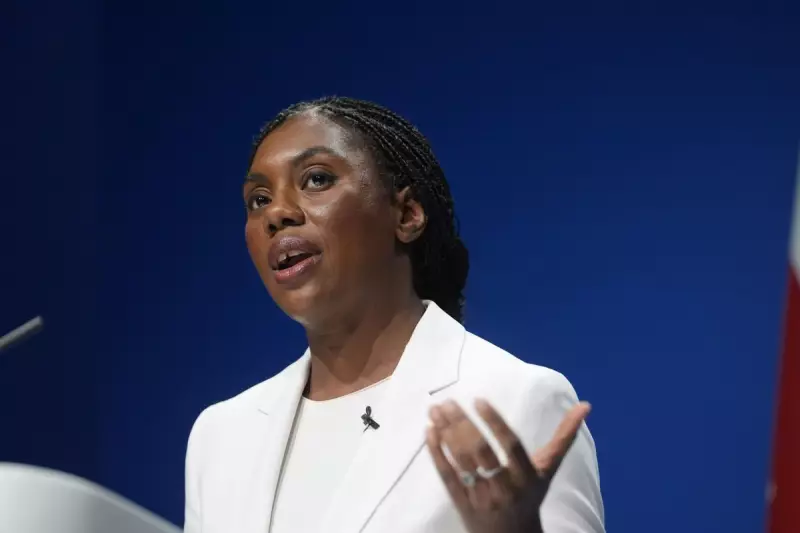
A major Conservative civil war has exploded into the open as senior Tory figures demand an unprecedented electoral pact with Nigel Farage's Reform UK party. The rebellion, led by former immigration minister Robert Jenrick and ex-home secretary Suella Braverman, represents the most significant challenge to Rishi Sunak's authority since the election campaign began.
The Rebel Demands
The insurgent Conservatives are pushing for dramatic policy shifts to align with Reform's platform, including:
- Substantial cuts to legal immigration levels
- Radical tax reductions for middle-income earners
- Abandonment of net zero commitments
- Withdrawal from the European Convention on Human Rights
Battle Lines Drawn
In a direct challenge to the Prime Minister's authority, Mr Jenrick declared the Conservative campaign "fundamentally unserious" and accused his own party of offering "incoherent and weak" policies. The rebels argue that without embracing Reform's agenda, the Tories face catastrophic losses that could reduce them to fewer than 100 seats.
Meanwhile, Chancellor Jeremy Hunt finds himself in the crosshairs, with rebels suggesting his Surrey seat could be vulnerable to Liberal Democrat advances unless the party moves sharply rightward.
Cabinet Counter-Offensive
Senior cabinet ministers have launched a fierce counter-attack against the rebellion. Business Secretary Kemi Badenoch dismissed the proposed pact as politically naive, while Home Secretary James Cleverly warned that such moves would permanently damage the Conservative brand.
"The idea that we should form an alliance with a party that has... individuals who are misogynistic, racist, and homophobic is not the right thing to do," Cleverly stated in a television interview, highlighting the deep ideological divisions within the party.
Historical Precedent and Current Reality
The rebellion draws parallels to Boris Johnson's 2019 electoral strategy, which successfully absorbed much of the Brexit Party's support. However, current polling suggests Reform UK is drawing significant support from disaffected Conservative voters, potentially handing numerous seats to Labour.
As the July 4th election approaches, the Conservative Party appears dangerously split between modernisers who want to broaden the party's appeal and hardliners demanding a sharp turn to the right to counter the Reform threat.





